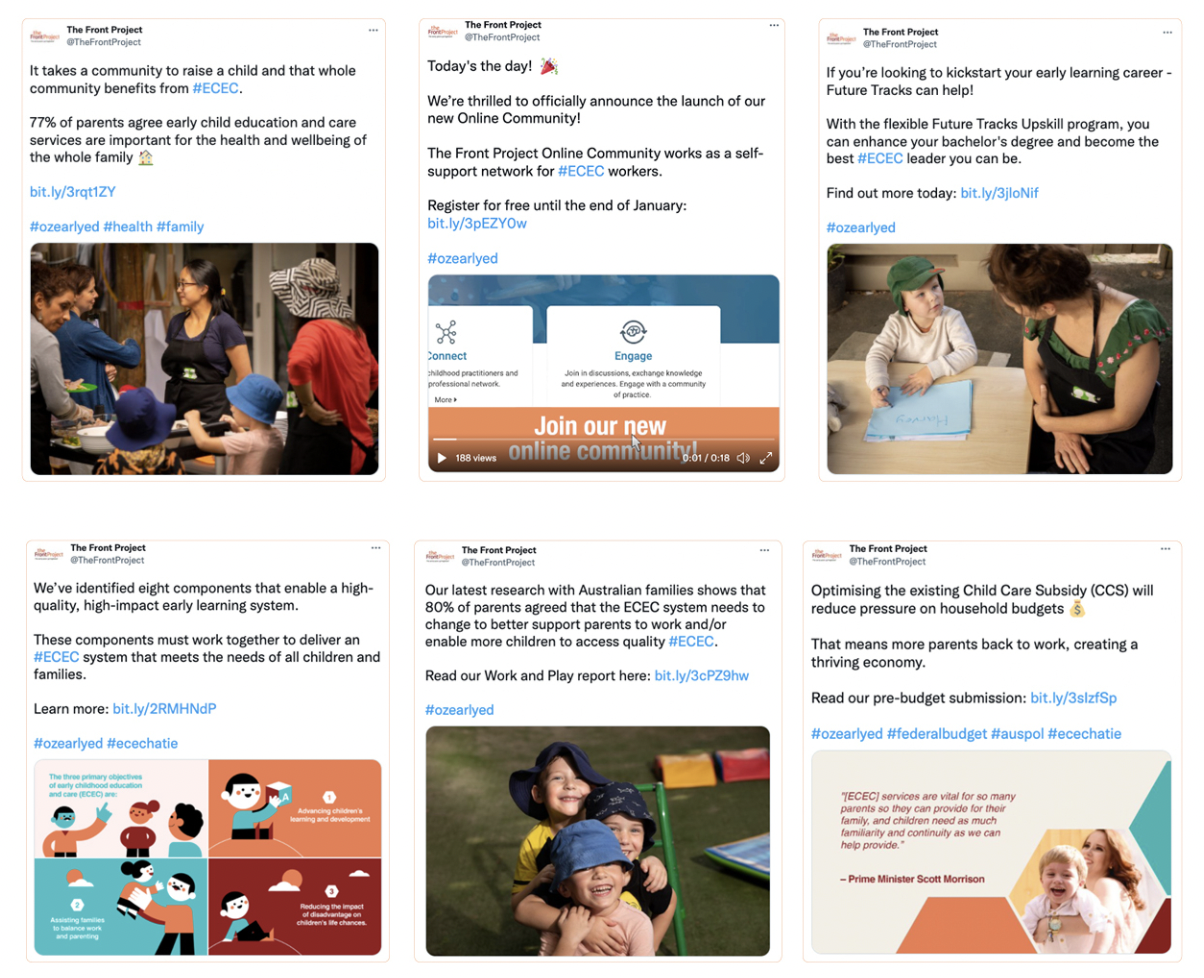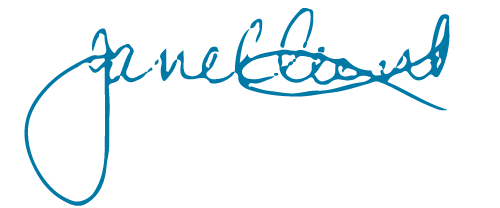For many, 2021 has been a year of unmet expectations. We planned as if lockdowns and border closures were behind us and we would recommence our close connections with all who play a role in our work. Hindsight reveals that this was indeed optimistic thinking.

For many, 2021 has been a year of unmet expectations. We planned as if lockdowns and border closures were behind us and we would recommence our close connections with all who play a role in our work. Hindsight reveals that this was indeed optimistic thinking.
However, one expectation that has once again been upheld and exceeded is the dedication that we see from the early childhood education and care (ECEC) sector.
'We think childcare is way undervalued ... we love what the centre has done for our kids.'
– Father of four-year-old, regional area.
The pandemic has continued to impact ECEC this year, especially in regions with higher COVID-19 spread. The sector has navigated constant changes in health and safety protocols, intermittent closures to abide by isolation rules and unsteady laws about who can access ECEC depending on families’ experiences of disadvantage or whether parents or carers are essential workers or vaccinated.
Juggling all of this while minimising disruption for children and families is an enormous task for ECEC professionals to add to an already challenging workload.
Despite this, they have maintained their commitment to children and families through this second year of the pandemic.

At the Front Project, we applaud and celebrate this. And in response, we commit to continually iterating and refining our activities to ensure that they serve both emerging and persistent needs of the sector. Some activities that aim to do this that I am particularly proud of this year include:
- Publishing the first independent, national report on how families experience ECEC across Australia: Work and play: Understanding how Australian families experience early childhood education and care.
- Building a new online hub of accessible information about ECEC, including the makeup of the sector, its history and what an effective system looks like.
- Increasing the number of people undertaking a Bachelor of Early Childhood Teaching through our Upskill Program and extending this initiative to more universities with new levels of support to meet different needs.
- Launching a new Online Community in response to calls from the sector to have their own dedicated space for ECEC professionals who work directly with children and seeing it grow to over 380 members in just two months.
- Growing our Apiary Fellowship by 19 new Fellows who contributed over 240 hours to activities aimed at changing experiences for children and families, with particular focus on uniting the sector, changing perceptions of value, raising children’s voices and adjusting policies and systems.
- Publishing an accessible analysis of the ECEC evidence base: The case for high quality early learning for all children.

Through this work and the work of many others aiming to make a difference in children’s lives, we are certainly having an impact.
Last year, more Australians began to understand and appreciate the value of quality early learning than ever before.
This year, they paid closer attention to the ways that the ECEC sector underpins economic recovery, community wellbeing, family stability and of course children’s education and development.
Next year, we should not be surprised if Australian voters come to expect more support for our ECEC sector, particularly as more employers, business leaders and economists join families, early learning professionals and early childhood advocates in calling for a stronger system.
With this in mind, we are looking toward our next phase of work. Through whatever comes next in 2022, we remain committed to taking up opportunities that will bring us closer to addressing the systemic barriers that impact children’s outcomes.
'Right now, I trust, hope, and believe that my child is receiving quality from his ECEC, but I have no idea whether he will enter primary school with the required skills until we actually get there.'
– Parent who uses ECEC.
Some new projects underway for 2022 include:
- Publishing new research to better understand the barriers that children face in the early years that cause them to start school at a disadvantage to their peers.
- Commencing work on a landmark study in partnership with the University of Melbourne to evaluate the rollout of three-year-old preschool in Victoria.
- Investigating options for improving market stewardship, so families can access quality ECEC where they need it and when they need it.
- Once again raising children’s voices to the centre of national conversations to inform discussions about improving early childhood experiences.
- Launching an exciting new Early Learning Think + Do Tank that comprises an Evidence to Action Lab and an Innovation Lab. The Evidence to Action Lab will generate new evidence and convert this to actions for government, business and the sector. The Innovation Lab will develop new ideas and innovations being generated by the Apiary Fellows and look at ways to seed these across the sector.
We will announce more activities as we continue to grow our team and expand our work next year.
To everyone who connects with our work, thank you for your continued support of improving early learning through what has been another difficult year.
I hope everyone enjoys safe and restful holidays and I look forward to an exciting new year.
Kind regards,

Jane Hunt
